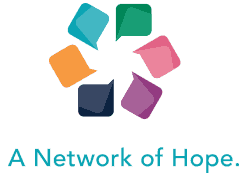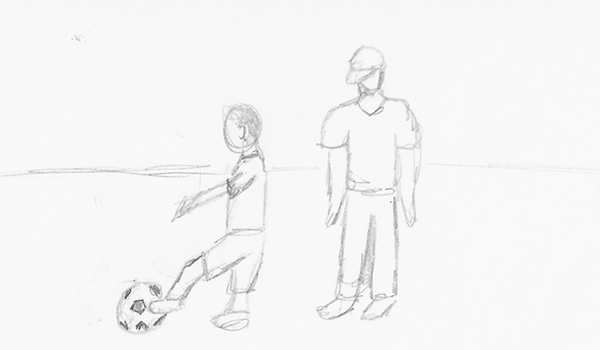Signs of Child Sexual Abuse
The trauma of sexual abuse on a child can have a devastating impact. Trauma is the forced reorganization of the brain. It can change the way the victim feels about themselves, how they interact with others, and even how they experience the world around them.
More often than not there are no visible signs of Child Abuse, but sometimes there are indicators. If you observe any of the following symptoms, take your child to the doctor immediately.
- Pain, discoloration, bruising, bleeding, or scabs around the mouth, genital, or anus
- Wetting and soiling accidents unrelated to toilet training
- Persistent or recurring pain during urination and bowel movements
- Chronic stomach pain
Common ways trauma from sexual abuse or assault might show up in young people:
- Regression to behaviors that had been outgrown (bedwetting, separation anxiety)
- Trying to be perfect or overly compliant
- An overall change in mood (sadness, anxiety, anger, aggression)
- Change in attitude towards school, sports, or other activities
- Fear of certain people or places; running away
- Knowledge of or interest in sexual activity beyond what is developmentally expected
- Change in eating habits (loss of appetite, gagging)
- Trouble sleeping (nightmares or night terrors)
Lifelong Impact of Trauma
It’s not just brain and behavior that can be affected. Trauma can actually change the body’s DNA. Studies have shown a strong correlation between child abuse and other adverse child experiences and negative, long-term personal health outcomes.
- Heart disease
- Liver disease
- Stroke
- Depression
- Suicidality



